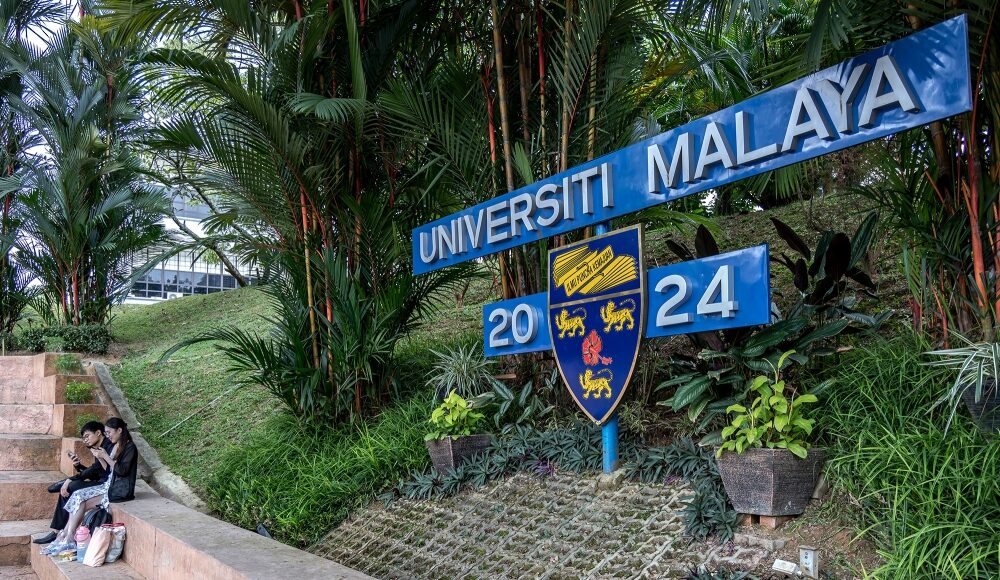JULY 10 — University rankings are a highly visible indicator of a university’s status. Due to the increased visibility among the general public and perceived importance of these global rankings, universities around the world have slowly been focusing more on increasing their research output. This is because a university’s ranking is heavily influenced by its research performance. But as universities chase the “prestige” of these rankings by making a stronger push for research output, is the importance of teaching being neglected? Is student education being sidelined in favour of research publications?
There are two major university rankings used globally — the QS World University Rankings and the Times Higher Education (THE) World University Rankings. These two ranking systems utilise slightly different methods and indicators for quantifying university performance, encompassing factors such as student and faculty ratios, income, reputation, employability, and of course, research performance. Despite their differences, one similarity is that both rankings place a greater emphasis on research, as research-related indicators contribute more towards a university’s score than other indicators. For the QS rankings, “Research and Discovery” make up 50 per cent of the total score for a university (30 per cent for academic reputation and 20 per cent for citations per faculty), while “Research Environment” (29 per cent) and “Research Quality” (30 per cent) collectively contribute 59 per cent to the overall score of THE’s ranking system. With research contributing immensely to a university’s ranking, it’s no surprise why these institutions are channelling more resources and effort towards their research endeavours.
A general view of Universiti Malaya in Kuala Lumpur on January 22, 2024. — Picture by Firdaus Latif
However, if a healthy balance between research and teaching priorities is compromised, universities may risk alienating their students. The student body is not only the largest population in a university, it’s arguably also the most important. And by deprioritising teaching, we may inadvertently be sending the wrong message to students. Our students are future professionals and will one day take on the responsibilities of running the nation. Should their education not be prioritised at least as much as research output?
Shifting institutional priorities will also affect the motivations of academic staff. Despite what some people may think, teaching is not easy. Academic staff revise curriculums, prepare for lectures, find reading material, design and mark exam questions, and this is all in addition to going for classes, tutorials, and group discussions with students. How much time and effort could academic staff afford to put into their teaching responsibilities if institutional policies require them to increase their research output? How many academic staff would resort to doing the bare minimum for the education of their students if they feel pressured to perform more research to align with university goals? In the end, educators may feel demotivated to innovate and improve their teaching methods which will lead to stagnation and an eventual decline in teaching quality.
An imbalance between research and teaching efforts could have long-term consequences to both universities and their students. If academic staff are not able to provide an engaging and stimulating learning environment, students may struggle and be forced through a poor learning experience. And if this continues throughout the students’ entire study programme, we may end up with graduates who lack the necessary skills and competencies expected of a university graduate. This will not only affect our graduates’ employability and their abilities to contribute meaningfully to the nation, but also the reputation of universities, as employers may form unfavourable opinions of universities based on the quality of their graduates.
While global ranking systems are unlikely to change any time soon, universities can implement their own internal benchmarks which value and reward teaching excellence. This is an important step to show that universities recognise teaching as equally important as research, even if it may not be reflected in global ranking systems. Universities can utilise teaching-related indicators for reward systems or promotion criteria. This could potentially encourage academic staff to invest their time and effort into teaching innovations and improvements, ultimately leading to an improved learning experience for students as well.
Universities have existed for hundreds of years. Yet these global rankings were only introduced in the early 2000s. Universities should not make rankings the be-all and end-all of higher education. Institutes of higher learning existed long before the invention of these rankings, and they can stand on their own. Research is invaluable to the progress of mankind, there’s no doubt about that. But a university graduate should be just as valuable to a university as a research publication. I strongly urge universities to give equal importance to teaching quality and to not neglect it in favour of increasing research output. The true prestige of a university should not lie in its ranking or number of publications, but in the quality of graduates it produces.
* Dr Jazli Aziz is a Senior Lecturer at the Department of Oral and Craniofacial Sciences, Faculty of Dentistry, Universiti Malaya, and may be reached at [email protected]
** This is the personal opinion of the writer or publication and does not necessarily represent the views of Malay Mail.





